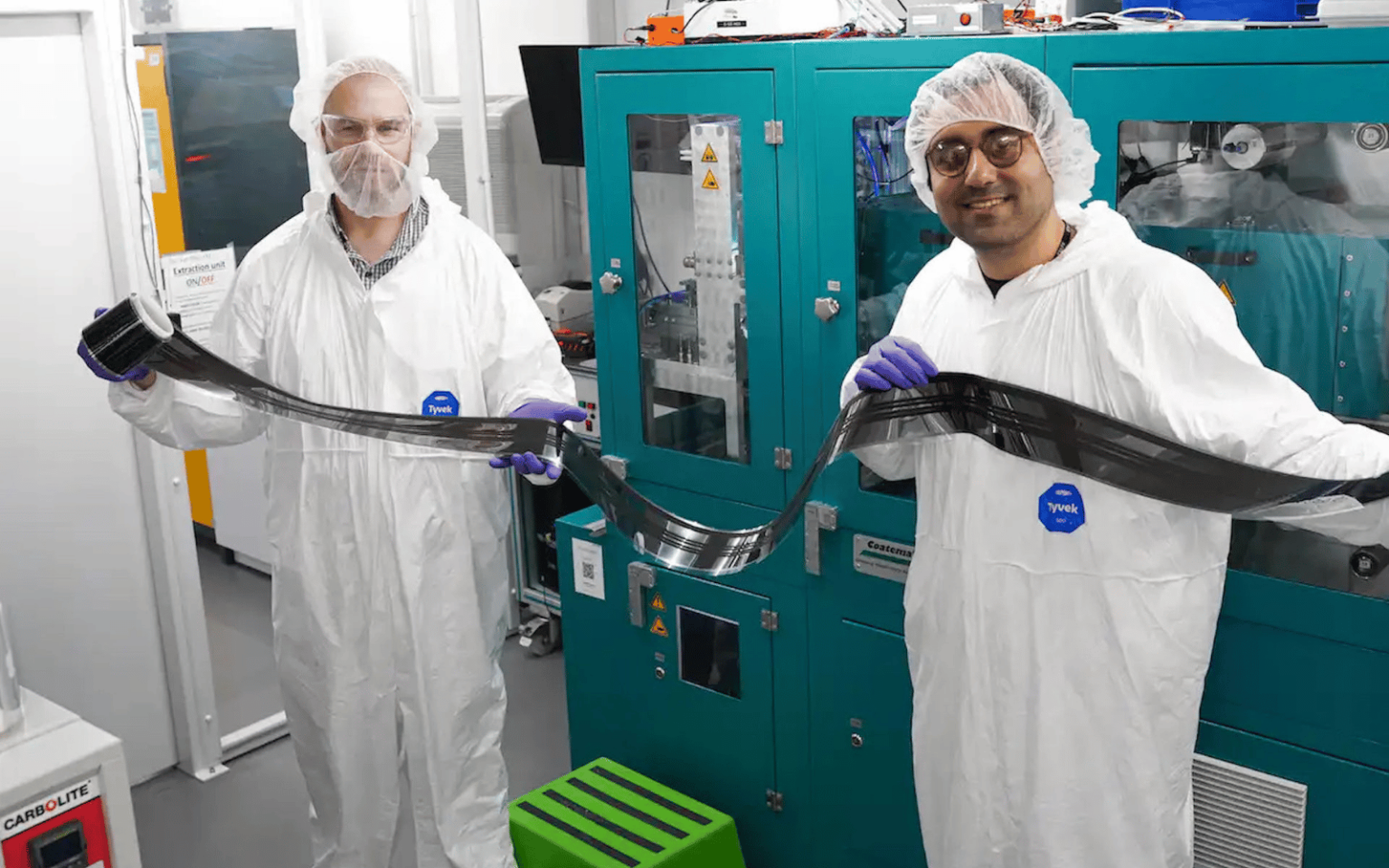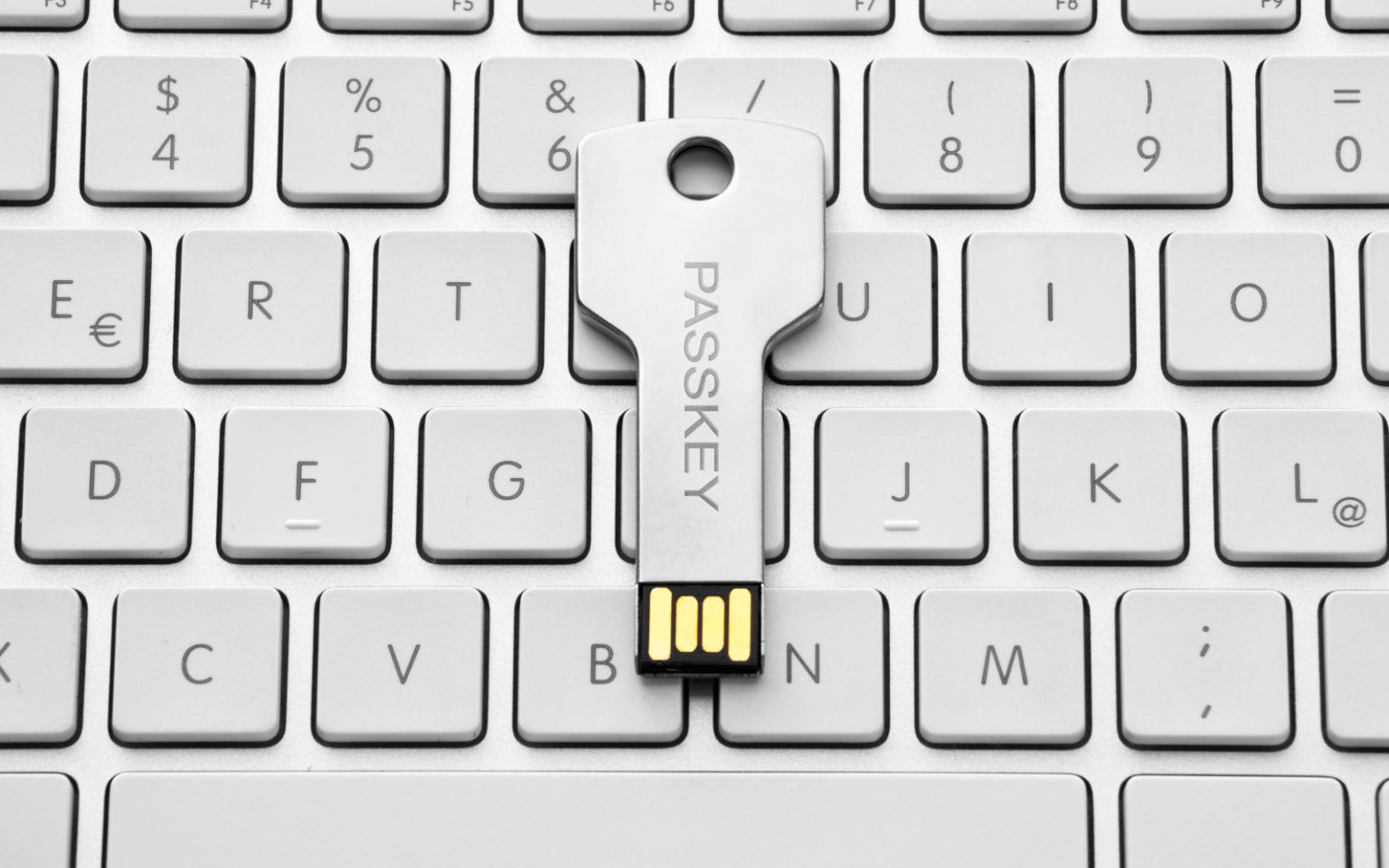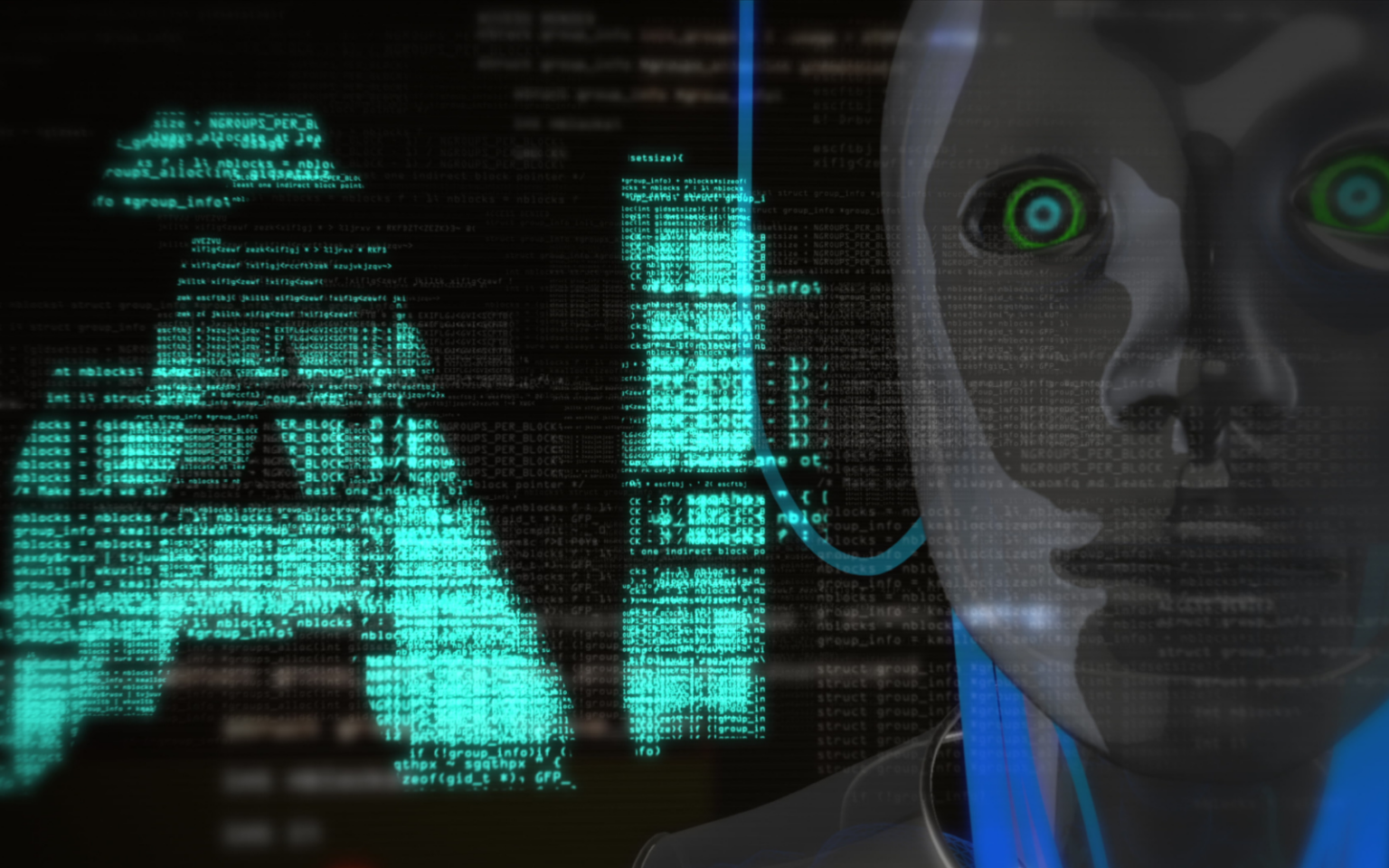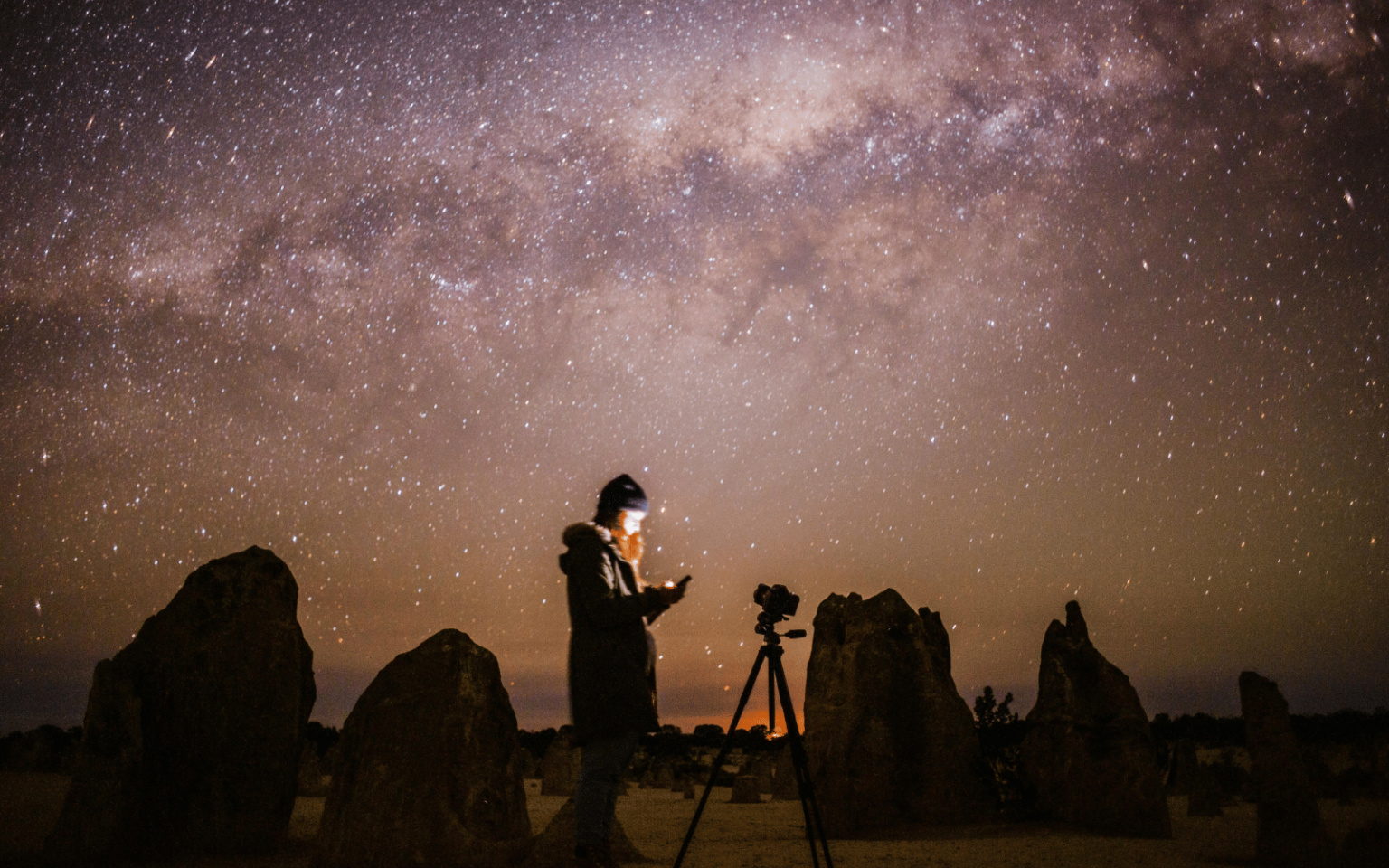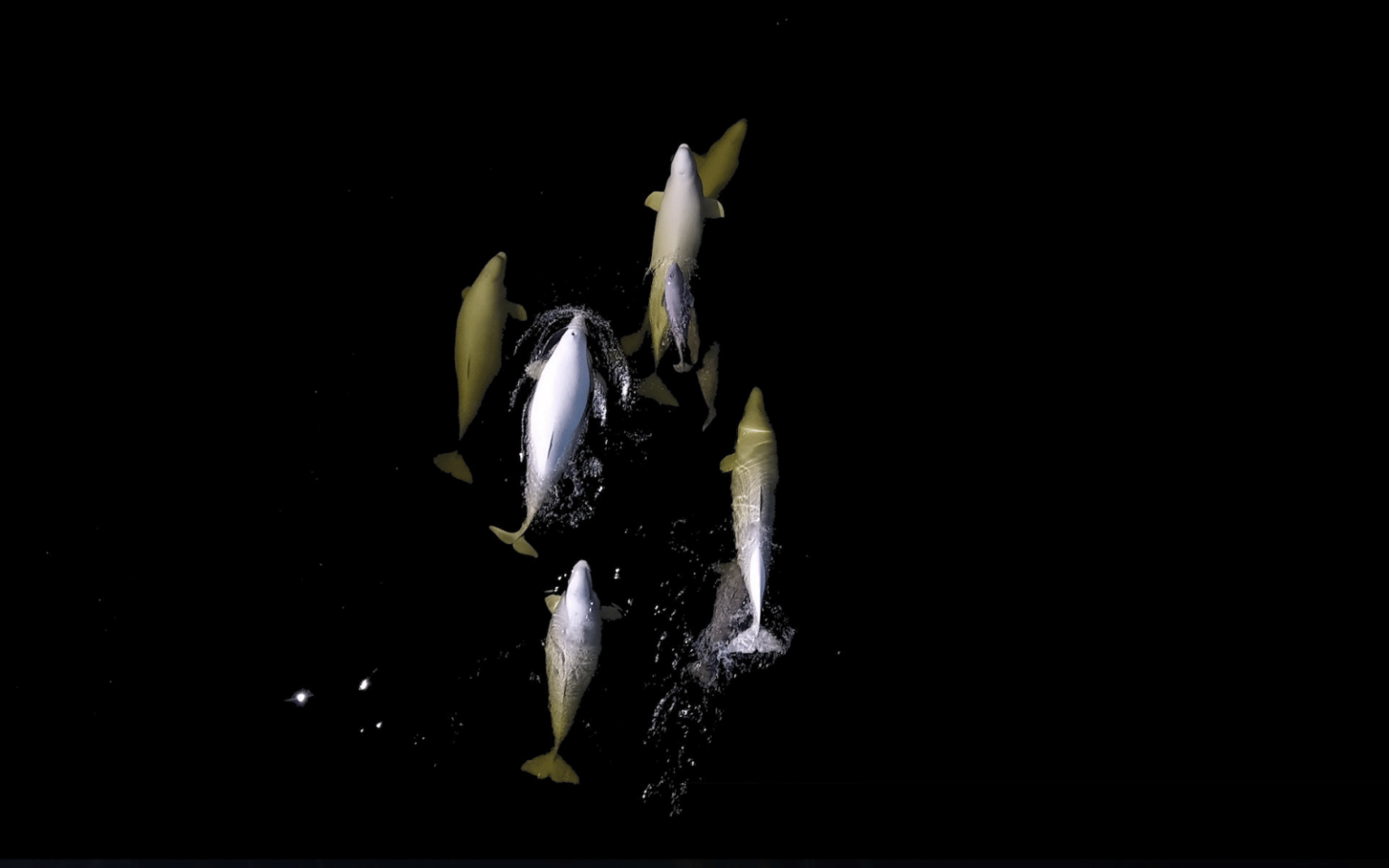The technology to decode our thoughts is drawing ever closer. Neuroscientists at the University of Texas have for the first time decoded data from non-invasive brain scans and used them to reconstruct language and meaning from stories that people hear, see or even imagine. In a new study published in Nature Neuroscience, Alexander Huth and colleagues successfully recovered the gist of language and sometimes exact phrases from functional magnetic resonance imaging (fMRI) brain recordings of three participants. Technology that can create language from brain signals could be enormously useful for people who cannot speak due to conditions such as motor neurone disease. At the…
Author: The Conversation
Between March 2020 and June 2022, families in Toronto experienced some of the longest lockdowns in the world. Ontario schools closed for in-person learning for over 27 weeks, longer than any other province or territory, and government restrictions on public spaces lasted for months. Parents were left to figure out how to manage work, child care and virtual school. We interviewed mothers of young children to reflect on how they managed their children’s screen media practices during this tumultuous time. Our study is part of a larger collaborative research study, with researchers in Australia, the United States, China, Colombia, South Korea and the United Kingdom.…
Silicon solar cells are an established technology for the generation of electricity from the sun. But they take a lot of energy to produce, are rigid and can be fragile. However, a new class of solar cell is matching their performance. And what’s more, it can now be printed out using special inks and wrapped flexibly around uneven surfaces. We have developed the world’s first rollable and fully printable solar cell made from perovskite, a material that is much less expensive to produce than silicon. If we can also improve their efficiency, this points to the possibility of making cheaper solar cells on…
Passwords could soon become passé. Effective passwords are cumbersome, all the more so when reinforced by two-factor authentication. But the need for authentication and secure access to websites is as great as ever. Enter passkeys. Passkeys are digital credentials stored on your phone or computer. They are analogous to physical keys. You access your passkey by signing in to your device using a personal identification number (PIN), swipe pattern or biometrics like fingerprint or face recognition. You set your online accounts to trust your phone or computer. To break into your accounts, a hacker would need to physically possess your device and have the…
Debates about AI often characterise it as a technology that has come to compete with human intelligence. Indeed, one of the most widely pronounced fears is that AI may achieve human-like intelligence and render humans obsolete in the process. However, one of the world’s top AI scientists is now describing AI as a new form of intelligence – one that poses unique risks, and will therefore require unique solutions. Geoffrey Hinton, a leading AI scientist and winner of the 2018 Turing Award, just stepped down from his role at Google to warn the world about the dangers of AI. He follows in…
The famous first image of a black hole just got two times sharper. A research team used artificial intelligence to dramatically improve upon its first image from 2019, which now shows the black hole at the center of the M87 galaxy as darker and bigger than the first image depicted. I’m an astronomer who studies and has written about cosmology, black holes and exoplanets. Astronomers have been using AI for decades. In fact, in 1990, astronomers from the University of Arizona, where I am a professor, were among the first to use a type of AI called a neural network to study the shapes of galaxies. Since then, AI has spread…
South Africa has been grappling with power cuts for 15 years, which have worsened in recent years. The persistent power outages have disrupted every facet of life, including food safety. The Conversation Africa’s Ina Skosana spoke to food safety expert Lise Korsten about the impact of persistent power cuts on the food in our homes and the best ways to protect ourselves. How should we manage the food in our fridges? The reality is that load shedding for extended periods of time is causing temperature fluctuations in our fridges. Particularly if the fridge is regularly opened during load shedding or if it has old…
The independent game Vampire Survivors delivered a shock result at the 2023 Bafta Game Awards when it defeated blockbusters God of War: Ragnarok and Elden Ring to take home the best game prize. The result was met with surprise from many, including the development team themselves. While the developer, Poncle, may lack the budget of big studios, the effortless playability and clever design decisions tap into player psychology in ways that make it extremely satisfying to play. This psychological appeal is not accidental. Game designer Luca Galante has applied his previous experience in the gambling industry to Vampire Survivors. The resulting game distils the…
Mental Health Week, which runs from May 1 to 7, provides an opportunity to reflect on our collective well-being. In addition to rising mental health issues, there seems to be a general malaise across normally well individuals in society. This is manifesting as cognitive and physical exhaustion, limited patience, disinterest in work and a resentment of the stressors in our lives. Many of these stressors may be coming from interactions with technology: small but frequent frustrations that quickly dissipate, but when added up become micro-aggressive tech-triggers of digital distress, defined here as a form of psychological distress caused by a dysfunctional user experience with technology. Tech-triggers…
Drones have changed the way researchers study whales and dolphins. While we were once confined to the decks of boats and observation platforms, glimpsing the backs of surfacing animals, we can now watch them from above. Gaining a bird’s eye view of whales and dolphins has already taught us so much about their physiology and behaviour. However, there is a darker side to drone use in marine research. My doctoral research investigates the behaviour of beluga whales in the St. Lawrence Estuary. I have hundreds of hours under my belt as a drone pilot, flying over these amazing and endangered animals. As a…




